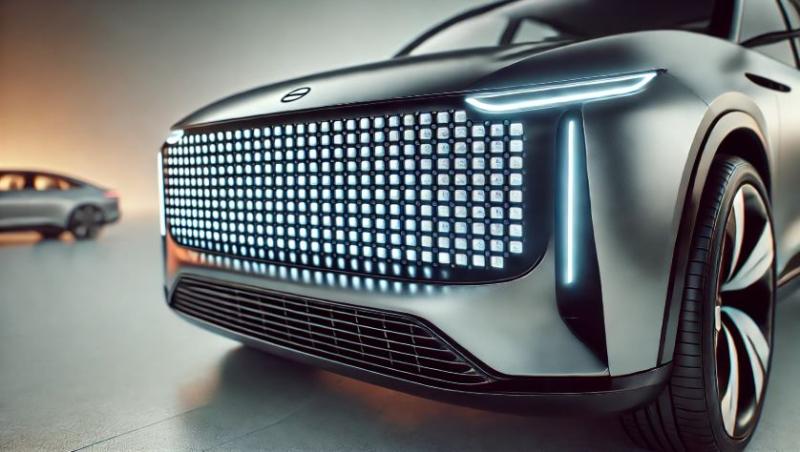Electric vehicles are a promising solution to the challenge of rising transport costs and air pollution. As the adoption of EVs gains momentum across the country, one of the key challenges faced by EV owners is the availability and accessibility of charging infrastructure. Without a robust charging network, the transition to electric mobility can be daunting. However, innovative solutions are on the horizon, paving the way for a more sustainable and electric vehicle-friendly future in Nigeria.
The Current Landscape
One of the primary concerns for EV owners in Nigeria is the limited availability of charging stations, particularly on highways and across Nigerian cities. While cities like Lagos and Abuja are beginning to see the emergence of a few public charging stations, the network is still in its infancy. This lack of infrastructure poses a barrier to widespread EV adoption, as drivers are often apprehensive about range anxiety and the ability to charge their vehicles conveniently.
But despite these, several solutions exist to help address the charging infrastructure gap and support the growing community of EV owners in Nigeria. Some of them include the following:
- Home Charging Solutions: One of the most convenient options for EV owners is home charging. All EVs come with chargers you can use to charge your vehicle conveniently at home, plugged into a regular home power outlet. With your personal home charger, you can charge your car while you sleep at night or during off-peak hours. This option provides autonomy and flexibility because you don’t need to drive to a public station every time you need to recharge.
- Mobile Charging Services: Another potential solution is the emerging trend of mobile charging services, where EV owners can request on-demand charging at their location. Possible EVS is also making plans to deploy mobile dispensers across Lagos and Abuja—vehicles equipped with solar panels and fast-charging capabilities to assist drivers in need of a quick charge. This approach will offer flexibility and convenience, particularly for EV owners concerned about the lack of fixed charging infrastructure in Nigeria.
3. Public Charging Networks: Initiatives are underway to establish public charging networks across major cities and highways in Nigeria. For example, Possible EVS is in the process of partnering with the government and private businesses to deploy fast-charging stations at strategic locations, including shopping malls, hotels, and public parking facilities. These networks will enhance the accessibility of charging infrastructure and alleviate range anxiety for EV owners.
4. Policy and Regulatory Support: To accelerate the development of charging infrastructure in Nigeria, policymakers need to provide incentives and regulatory frameworks to encourage investment in EV charging networks. Measures such as tax incentives for charging infrastructure investments, streamlined permitting processes, and public-private partnerships can foster the expansion of charging infrastructure across the country.
As the EV landscape evolves in Nigeria, it is essential to empower and educate EV owners about charging options and best practices. The Possible EVS website is a knowledge hub for all things electric vehicles, with lots of articles and guides to help owners of electric vehicles navigate the charging ecosystem with confidence.
Feel free to browse through the articles and resources on the platform to educate yourself about the various aspects of the EV landscape in Nigeria. Let’s charge ahead towards a brighter, electric future!


